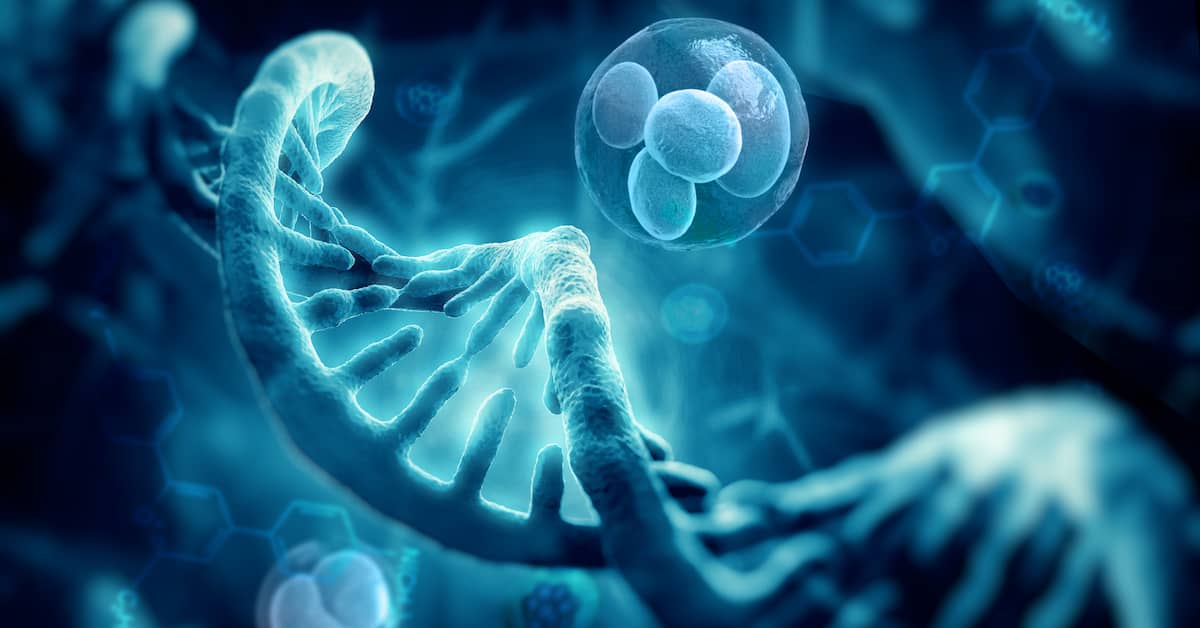
A new study shows this thinking is all wrong. In fact, your DNA matters less as you grow older. Here’s the good news and how you can use it to age better…
The level at which genes are expressed — ratcheted up or down in activity — determines everything from our hormone levels and metabolism to the mobilization of enzymes that repair the body.
But how genes are expressed depends not just on the genes themselves but also on the aging process and on environmental influences such as diet, exercise, and the quality of the air we breathe.
To test whether the process of aging is more influenced by biological age, environment or genetics, scientists at the University of California, Berkeley, conducted the first study to look at both aging and gene expression across a wide variety of tissues and people.
Genes are Less Influential Beyond Middle Age
For their study, published in the journal Nature Communications in October, the scientists assessed 27 different human tissues from 948 individuals who were categorized as “young” if under 55 and “old” if over age 55. While I certainly take issue with those aging benchmarks, I suppose I shouldn’t digress…The research team found genetics influences gene expression by much the same amount in mostly all tissues until we become “old.” Once this threshold is crossed, aging and environment become far more important than genetics in affecting the level of gene expression.
This is seen in identical twins, for example. Although they have the same set of genes, their gene expression profiles diverge as they age, meaning that identical twins can age much differently from each other.
In the study, the scientists found gene expression varied widely in later life — more than twentyfold — among tissues, a finding that’s in line with a hypothesis put forward in the middle of the last century by Nobel Prize winner Peter Medawar.
Natural Selection
The Nobel Prize winner asserted that natural selection – described as variations in genes that increase the chances of an organism’s survival - is focused on producing good quality offspring.Humans must have the means to survive and be fit and healthy to reproduce. This means genes that are turned on during the reproductive years are more constrained by evolution. Beyond the child-bearing years genes have much less influence.
Professor Medawar’s hypothesis implied that genes expressed after reproductive age are under less evolutionary pressure so a lot more variation in how they’re expressed later in life would be expected, and that’s what the UC-Berkeley study found.
So, contrary to what many believe…
Genes are Minor Players in Aging and Disease
Senior author Peter Sudmant explained, saying, “We’re all aging in different ways. While young individuals are closer together in terms of gene expression patterns, older individuals are further apart. It’s like a drift through time as gene expression patterns become more and more erratic.”He continued: “Almost all human common diseases are diseases of aging: Alzheimer’s, cancers, heart disease, diabetes. All of these diseases increase their prevalence with age.
“Massive amounts of public resources have gone into identifying genetic variants that predispose you to these diseases. What our study is showing is that, well, actually, as you get older, genes kind of matter less for your gene expression. And so, perhaps, we need to be mindful of that when we’re trying to identify the causes of these diseases of aging.”
My Takeaway
Your health and longevity are largely under your own control. This is great news! And that’s why it’s important to make wise lifestyle choices. Eat a healthy, whole-food diet with limited processed foods and sugar, get regular exercise, manage your stress level, enjoy a good night’s sleep, and remain socially active and engaged with others.Scores of studies have shown that these simple steps can help you live a better life. Because, as I always say, it’s not just about living longer, it’s about living healthier.
